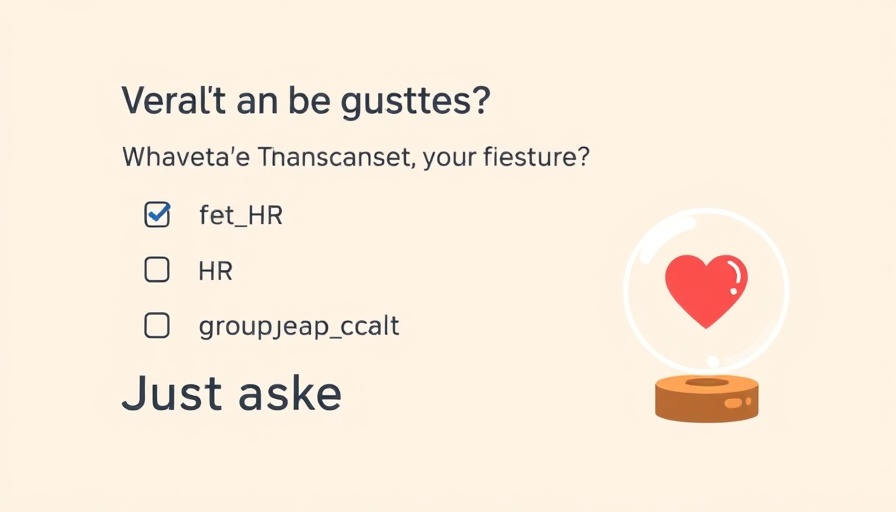
Understanding the Rise of Anti-DEI Sentiments
In recent developments, the term DEI (Diversity, Equity, and Inclusion) has come to represent a battleground in today's social and political landscape. Growing anti-DEI sentiments, particularly fueled by the current administration's stance, have sparked a significant backlash against initiatives aimed at promoting diversity within workplaces and communities. This new narrative posits that efforts to support underrepresented groups equate to reverse discrimination rather than advancing equality.
Historical Context: The Evolution of DEI
To fully understand the current perspective on DEI, it’s important to reflect on its historical roots. Initiatives around diversity and inclusion began gaining momentum during the civil rights movements of the 1960s. They have evolved over the decades from legal requirements for workplace equality to broader cultural initiatives aimed at fostering a cooperative and inclusive environment. The 2020s saw an acceleration in these discussions as the world grappled with systemic inequality, but such advances now face backlash that questions their legitimacy and intention.
Social Repercussions: Why DEI Matters
The social implications of dismantling DEI programs are profound. Communities that once benefitted from these initiatives are now left vulnerable as the push for diverse representation wanes. Research shows that workplaces with strong DEI policies enjoy enhanced employee satisfaction and retention, leading to better business outcomes. As elements of DEI are disregarded, we risk reverting to systems that inherently favor homogeneity over diversity, which can stifle innovation and limit potential.
Counterarguments: Diversity Isn't for Everyone
Advocates of the anti-DEI movement argue that the concept has been hijacked to promote agendas that they deem radical. These critics often state that promoting diversity equates to lowering standards and questioning meritocracy. They emphasize the need for hiring and support based solely on qualifications, pushing back against suggestions that race or gender should play a role in hiring practices. However, the phrase 'meritocracy' can be misleading, given that systemic barriers exist that prevent equitable opportunity for all.
Looking Ahead: The Future of DEI in a Changing World
As attitudes toward DEI continue to evolve, the future remains uncertain. With federal institutions being instructed to remove all references to DEI, it is difficult to imagine how the push for diversity and inclusion can remain prominent in public discourse without active resistance from communities and organizations dedicated to social justice. Experts predict that while there may be a temporary decline in DEI initiatives, the continued push for an inclusive society will ultimately see these programs reformulated and reintroduced.
Tools for Rebuilding the DEI Movement
For advocates of DEI, strategies for rebuilding this essential movement must be rooted in education and awareness. Workshops, discussions, and outreach programs that clarify the importance of diversity can help dispel misconceptions. Additionally, embracing storytelling and sharing personal experiences related to DEI can foster empathy and understanding across diverse groups. By promoting open dialogue, advocates can effectively communicate the value of diversity not just for underrepresented individuals, but for society as a whole.
Conclusion: The Ongoing Conversation About DEI
The debate surrounding DEI is far from finished; it is a conversation that needs to be held at every level of society. As initiatives face scrutiny and criticism, it is essential to maintain the dialogue around the importance of diversity, equity, and inclusion in a modern society. Only through open discussions can we begin to bridge the divide and foster environments that celebrate, rather than fear, the richness of our differences.
 Add Row
Add Row  Add
Add 




Write A Comment